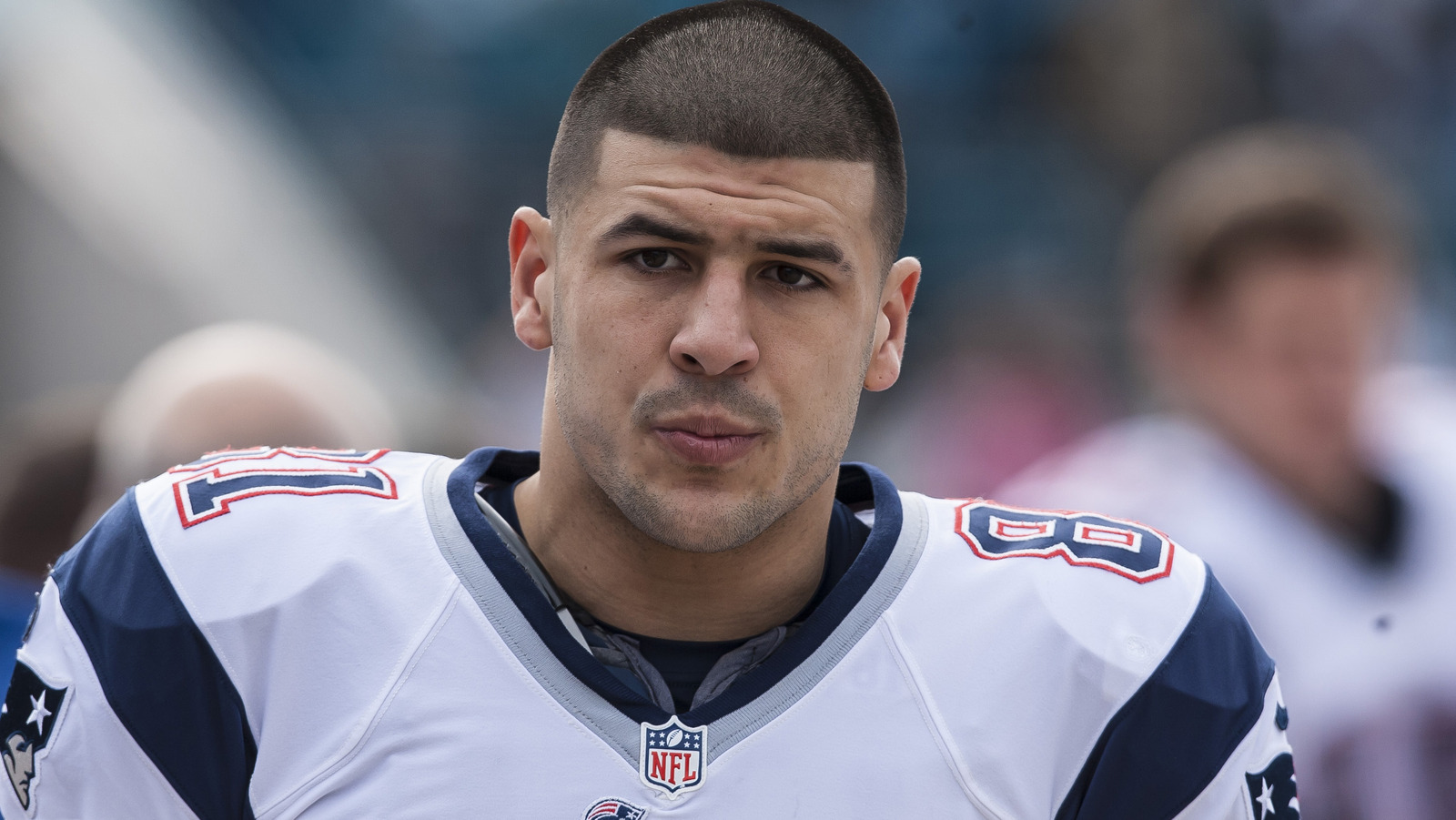
In an NHL stint that spanned just six seasons, Derek Boogaard established himself as one of the league’s most feared enforcers, someone who barely figured in the offense but wasn’t afraid to spend time in the penalty box for roughing up opposing players. He was only 28 years old when he died of a drug and alcohol overdose on May 13, 2011, and five months later, doctors found that the former Minnesota Wild and New York Rangers player had CTE.
Friends and family spoke to The New York Times for an in-depth piece on Boogaard’s life, career, and untimely death. They pointed out several warning signs that hinted something wasn’t right with the burly left-winger in the last few years before his passing. “His demeanor, his personality, it just left him,” said former Wild teammate John Scott, recalling the first time Boogaard was sent to the penalty box in the 2009-10 NHL season. The outlet also noted that Boogaard, once easygoing outside the rink, had become forgetful and impulsive, with a tendency to make large and unnecessary purchases.
Boogaard also dealt with erratic mood swings toward the end of his life. His father, Len Boogaard, talked about how Derek, then suffering from persistent headaches, was rather emotional when they met in New York early in 2011. “I had to hold him,” the older Boogaard said. “It was like when he was younger, when he was a little kid growing up. He just sobbed away uncontrollably.”









